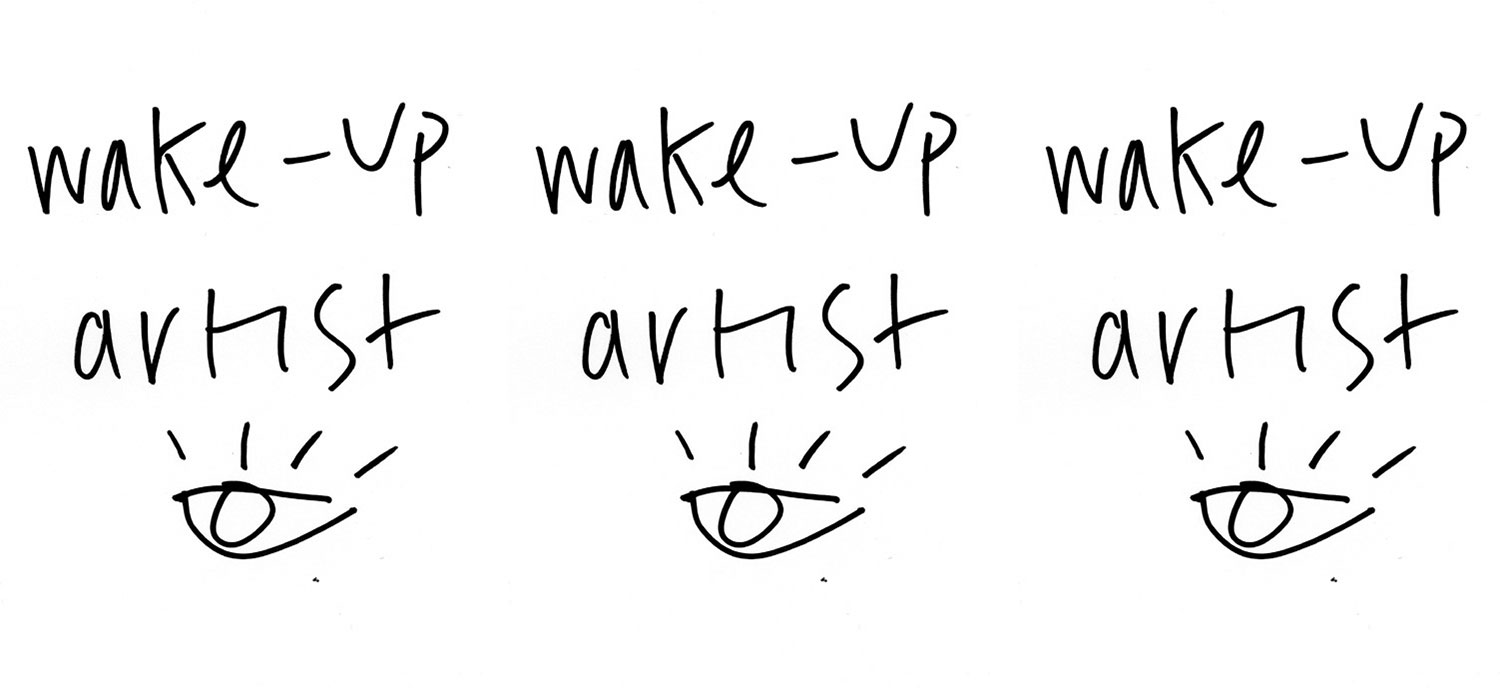A few years back I was flying out to California, reading Brief Interviews with Hideous Men. I found the book was doing weird things to my mind and body. Suddenly, up there over the Midwest, I felt agitated and flinchy, on the brink of tears. When I tried to describe what was going on, I came up with this: if the reader was a guy standing outdoors, Dave’s prose had the effect of stripping the guy’s clothes away and leaving him naked, with super-sensitized skin, newly susceptible to the weather, whatever that weather might be. If it was a sunny day, he was going to feel the sun more. If it was a blizzard, it was going to really sting. Something about the prose itself was inducing a special variety of openness that I might call terrified-tenderness: a sudden new awareness of what a fix we’re in on this earth, stuck in these bodies, with these minds.
This alteration seemed more spiritual than aesthetic. I wasn’t just ‘reading a great story’ – what was happening was more primal and important: my mind was being altered in the direction of compassion,
by a shock methodology that was, in its subject matter, actually very dark. I was undergoing a kind of ritual stripping away of the habitual. The reading was waking me up, making me feel more vulnerable, more alive.
The person who had induced this complicated feeling was one of the sweetest, most generous, dearest people I’ve ever known.
I first met Dave at the home of a mutual friend in Syracuse. I’d just read Girl with Curious Hair and was terrified that this breakfast might veer off into, say, a discussion of Foucault or something, and I’d be humiliated in front of my wife and kids. But no: I seem to remember Dave was wearing a Mighty Mouse T-shirt. Like Chekhov in those famous anecdotes, who put his nervous provincial visitors at ease by asking them about pie-baking and the local school system, Dave diffused the tension by turning the conversation to us. Our kids’ interests, what life was like in Syracuse, our experience of family life. He was about as open and curious and accepting a person as I’d ever met, and I left feeling I’d made a great new friend.
And I had. We were together only occasionally, corresponded occasionally, but every meeting felt super-charged, almost – if this isn’t too corny – sacramental.
I don’t know much about Dave’s spiritual life but I see him as a great American Buddhist writer, in the lineage of Whitman and Ginsberg. He was a wake-up artist. That was his work, as I see it, both on the page and off it: he went around waking people up. He was, if this is even a word, a celebrationist, who gave us new respect for the world through his reverence for it, a reverence that manifested as attention, an attention that produced that electrifying, all-chips-in, aware-in-all-directions prose of his.
Over the last few weeks, as I’ve thought about what I might say up here, I’ve heard my internalized Dave, and what he’s been saying is: don’t look for consolation yet. That would be dishonest. And I think that voice is right. In time – but not yet – the sadness that there will be no new stories from him will be replaced by a deepening awareness of what a treasure we have in the existing work. In time – but not yet – the disaster of his loss will fade, and be replaced by the realization of what a miracle it was that he ever existed in the first place.
For now, there’s just grief. Grief is, in a sense, the bill that comes due for love. The sadness in this room amounts to a kind of proof: proof of the power of Dave’s work; proof of the softening effect his tenderness of spirit had on us; proof, in a larger sense, of the power of the Word itself: look at how this man got inside the world’s mind and changed it for the better. Our sadness is proof of the power of a single original human consciousness.
Dave – let’s just say it – was first among us. The most talented, most daring, most energetic and original, the funniest, the least inclined to rest on his laurels or believe all the praise. His was a spacious, loving heart, and when someone this precious leaves us, especially so early, love converts on the spot to a deep, almost nauseating sadness, and there’s no way around it.
But in closing, a pledge, or maybe a prayer: every one of us in this room has, at some point, had our consciousness altered by Dave. Dave has left seeds in our minds. It is up to us to nurture these seeds and bring them out, in positive form, into the living world, through our work, in our actions, by our engagement with others and our engagement with our own minds. So the pledge and the prayer is this: we’ll continue to love him, we’ll never forget him, and we’ll honour him by keeping alive the principal lesson of his work: mostly we’re asleep, but we can wake up. And waking up is not only possible, it is our birthright, and our nature, and, as Dave showed us, we can help one another do it.

